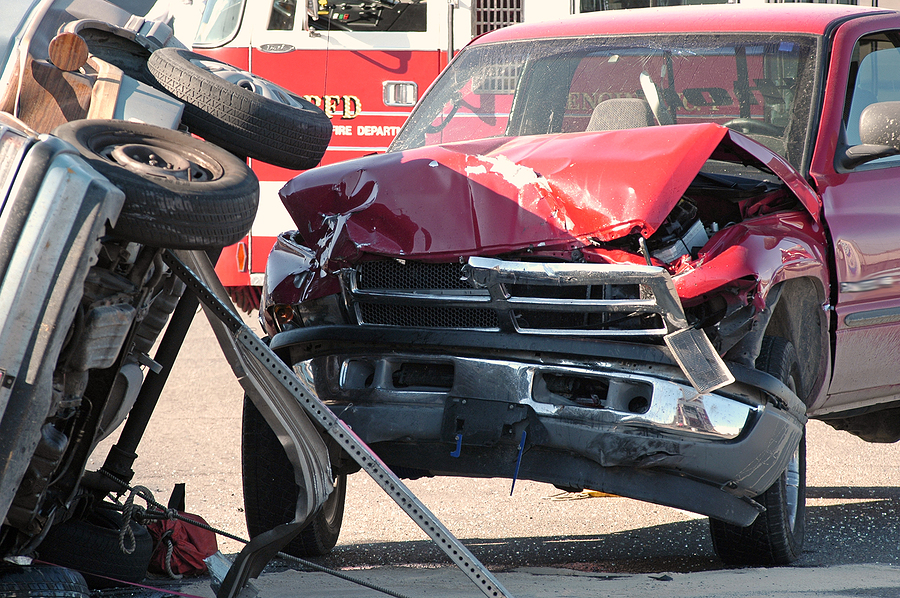How to Handle Insurance Companies Following a Car Accident in South Carolina

Car accidents can be overwhelming, especially when you’re dealing with injuries, vehicle damage, and the stress of unexpected events. One part many people find confusing and frustrating is handling insurance companies afterward. Whether it’s your own insurer or the other driver’s, the process requires care and attention. Knowing how to manage these interactions can protect your rights and help you receive fair compensation.
This guide explains what to expect and how to approach insurance companies after a car accident in South Carolina.
Notify Your Insurance Company Promptly
After an accident, one of your first steps should be to notify your own insurance provider. Most policies require prompt reporting of any accident, regardless of fault. Call your insurer and provide the necessary details. Be honest and stick to the facts without giving extra information that might be used against you later.
Even if you are unsure about who caused the accident, informing your insurer early can prevent delays in your claim and coverage for damages or medical bills.
Collect and Document Important Information
Before dealing with insurance companies, gather as much information as possible at the accident scene. This includes:
-
Names, contact details, and insurance information of other drivers involved
-
Photos of vehicle damage, license plates, and the accident scene
-
Contact info for any witnesses
-
Police report number and the responding officer’s name
Detailed documentation helps establish what happened and supports your case when talking with insurers.
Understand the Role of Insurance Adjusters
Insurance companies will assign an adjuster to your claim. Their job is to investigate the accident and determine how much the insurer should pay. Remember, adjusters work for the insurance company, not you. Their goal is to minimize payouts, so approach conversations carefully.
You should answer their questions truthfully but avoid volunteering extra details or speculation. Keep your statements clear and stick to the facts.
Do Not Accept the First Settlement Offer Right Away
Many accident victims receive an initial settlement offer from the insurance company. This offer is often much lower than what you might deserve. Insurance companies sometimes use this tactic to close claims quickly and reduce costs.
Before accepting any settlement, evaluate whether it covers your medical bills, property damage, lost wages, pain, and suffering. If the offer seems too low, you have the right to negotiate or reject it.
Avoid Giving Recorded Statements Without Legal Advice
Insurance companies sometimes request recorded statements from accident victims. They may say this helps process the claim faster. However, what you say in these recordings can be used against you later.
It’s often wise to consult with a personal injury attorney before giving any recorded statement. A lawyer can advise you on what to say and protect your interests.
Keep Track of All Medical Treatment and Expenses
Maintaining detailed records of all medical care related to your accident is crucial. Keep copies of bills, prescriptions, doctor’s notes, and therapy records. These documents prove the extent of your injuries and the costs involved.
This information is important when negotiating with insurance companies, as it supports your claim for compensation.
Do Not Rush to Sign Documents
Insurance companies may send you forms or releases to sign as part of the claims process. Signing these documents too quickly can limit your ability to pursue further claims or compensation later.
Before signing anything, read the documents carefully and consider having a lawyer review them. Avoid signing releases until you are sure your claim is fully settled.
Know Your South Carolina Insurance Laws
South Carolina follows a fault-based system for car accidents. This means the driver responsible for the crash must pay for damages. Understanding this helps you know who to pursue for compensation.
South Carolina law also requires drivers to carry minimum liability insurance. However, these minimum limits may not cover all your losses. You might need to seek additional compensation through lawsuits or uninsured motorist coverage if the at-fault party lacks sufficient insurance.
Be Prepared to Seek Legal Help
If negotiations with insurance companies stall or you receive an unfair offer, it might be time to get legal assistance. A personal injury lawyer familiar with South Carolina car accident laws can guide you through the claims process.
An attorney can handle communication with insurers, gather evidence, and fight for the full compensation you deserve. They can also advise you on whether filing a lawsuit is necessary.
Maintain Communication Records
Keep a detailed record of all your communications with insurance companies. Note dates, times, names of representatives, and the content of conversations. Save emails, letters, and any written correspondence.
This documentation helps if disputes arise or you need to prove what was discussed during the claims process.
Be Patient But Persistent
Insurance claims can take time. While it’s important to be patient, don’t let delays cause you to lose focus. Follow up regularly with your insurance company and the other party’s insurer. Keep pushing for fair treatment and timely responses.
Taking control of the process can prevent the claim from dragging on unnecessarily.
Conclusion
Dealing with insurance companies after a car accident in South Carolina involves careful preparation and knowledge. Report the accident to your insurer promptly, gather detailed evidence, and be cautious when speaking with insurance adjusters. Avoid rushing to accept settlement offers or signing documents without legal advice. Keep thorough records of medical treatment and communications, and understand your state’s laws about fault and insurance coverage.
If you encounter difficulties, consulting a personal injury attorney can provide support and increase your chances of obtaining fair compensation. Handling insurance companies effectively is a key step toward recovering after a car accident.
